
Scientists discover the first evidence that marine conservation helps to reduce climate change. Marine protected areas act as a safeguard for oceans, seas, and estuaries. These regions help in the preservation of the plants and animals that are native to these waters, but the advantages of protected areas go well beyond their boundaries. A group of experts describes how marine protected areas support ecological and social adaptation to climate change and help in the sequestration of carbon in a study that was recently published in the journal One Earth.
“Marine protected areas are increasingly being promoted as an ocean-based climate solution...
Read More

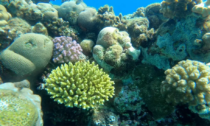

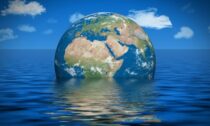



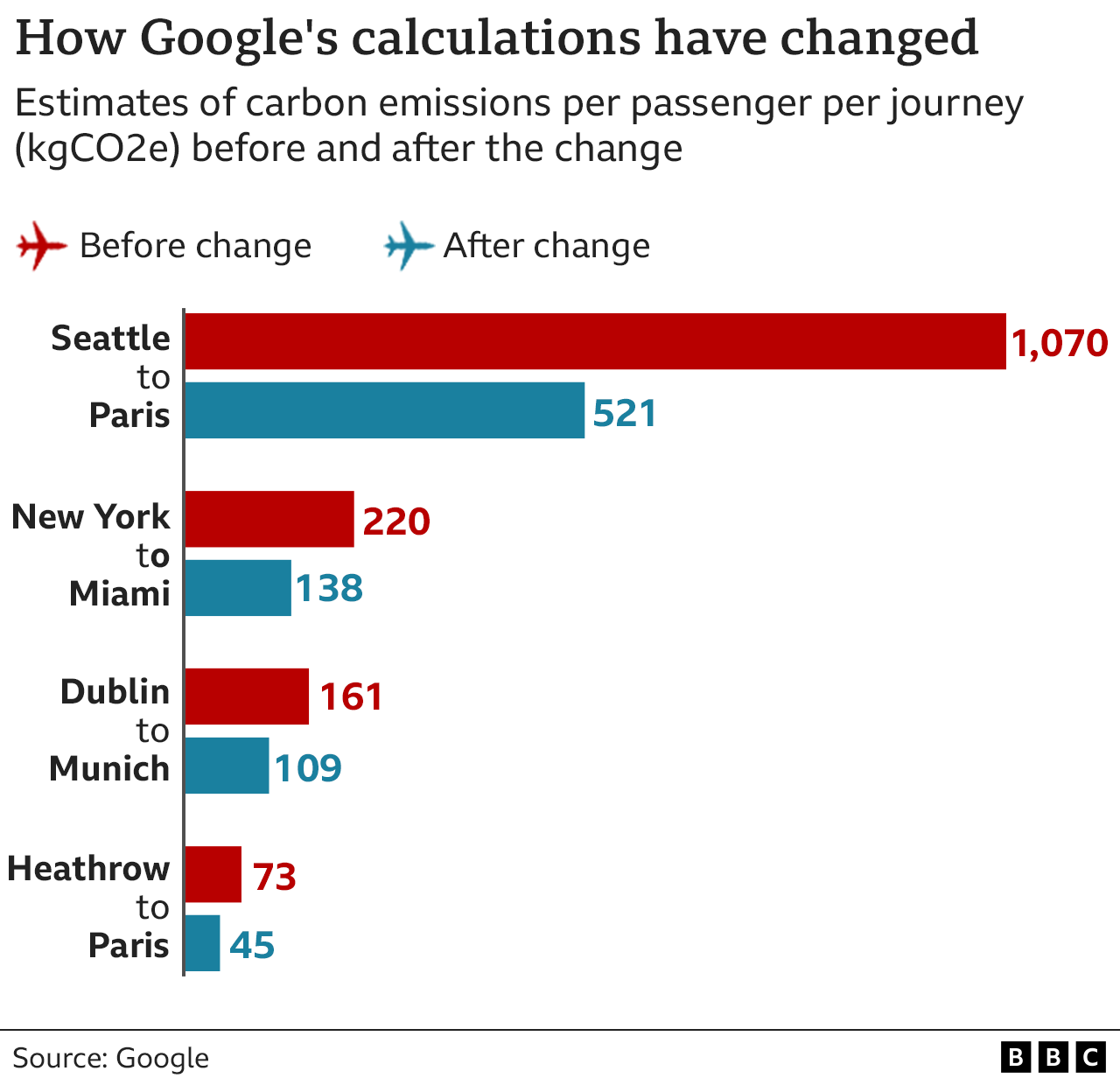
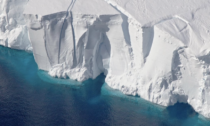
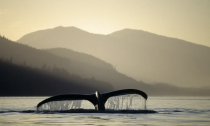


Social Profiles